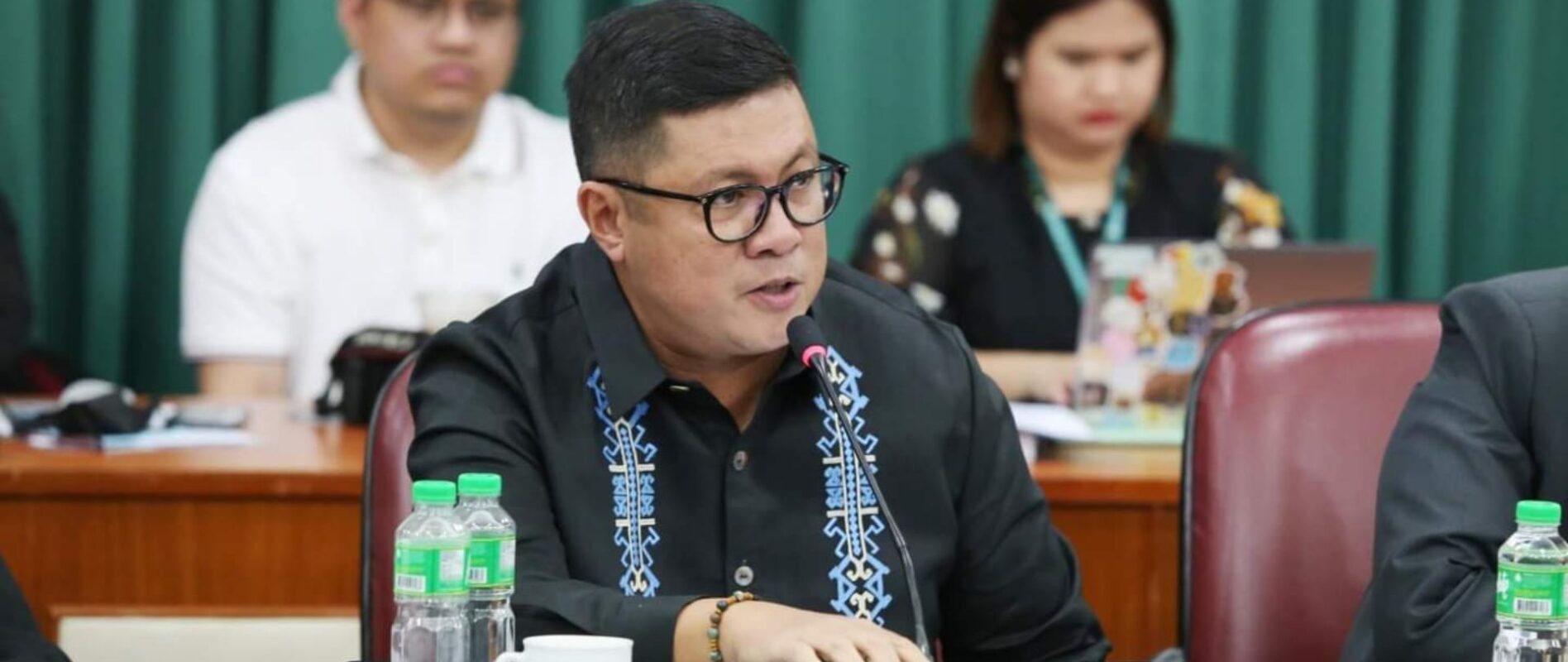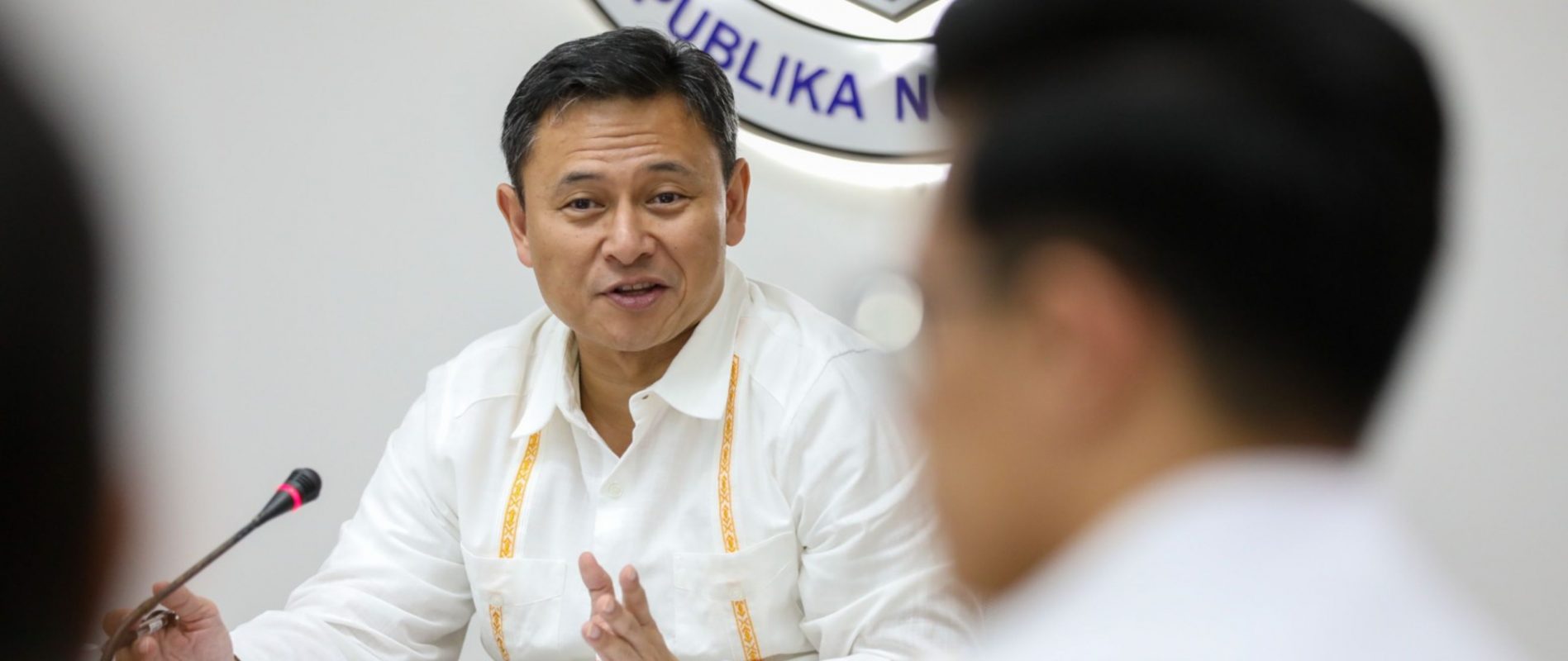SOLON BACKS SATELLITE INTERNET SERVICES FOR PUBLIC SCHOOLS
MAKATI City Rep. Luis Campos Jr. has strongly supported the adoption of satellite technology to deliver reliable internet connectivity to public schools in remote and underserved areas across the Philippines.
“Our goal must be to ensure that no learner is left behind simply because of geography. By harnessing the power of satellite internet services, we can overcome physical barriers and bring digital access to schools that have long been out of reach of traditional infrastructure,” he said.
Campos emphasized that equitable access to digital tools is crucial for improving the quality of public education and preparing Filipino students for a globally competitive future.
Satellite connectivity offers a cost-effective and scalable solution, especially in geographically isolated and disadvantaged areas (GIDAs), according to Campos.
He commended the Department of Information and Communications Technology and its partners for exploring innovative ways to close the connectivity gap in public schools.
“Investing in advanced solutions like satellite technology is not only timely—it is essential,” Campos said.
A staunch advocate of digital inclusion and educational reform, Campos called on both public and private stakeholders to collaborate in fast-tracking initiatives to strengthen digital infrastructure in all learning environments.
“Our children deserve the best tools to learn, regardless of where they live. Let us work together to make this vision a reality,” Campos said.
The DICT earlier revealed plans to deploy satellite internet services to provide connectivity to up to 15,000 of the country’s most isolated public schools.
Campos remains a staunch advocate of the government’s Free Wi-Fi for All Program, which aims to establish up to 50,000 public internet ‘hotspots’ nationwide, providing Filipinos with free and password-free access to the internet.
At the same time, Campos reiterated his call for Congress to enact legislation that would empower regulators to mandate faster mobile internet speeds from private telecommunications companies.
“We need faster mobile internet to drive national productivity. Slow connectivity results in significant economic and personal efficiency losses,” said Campos.














